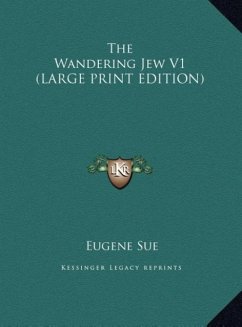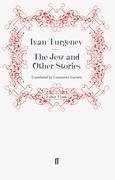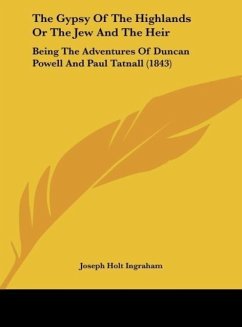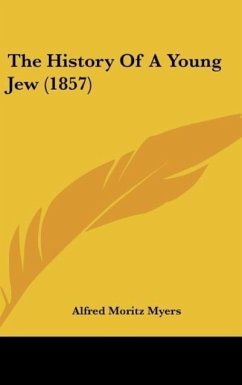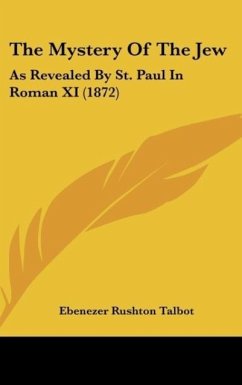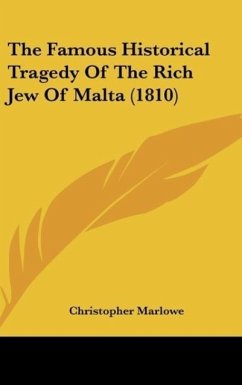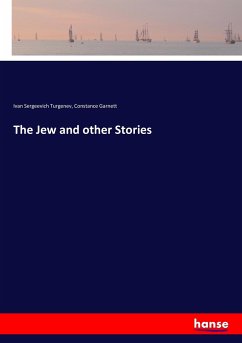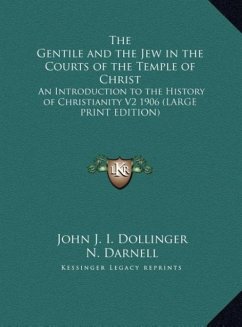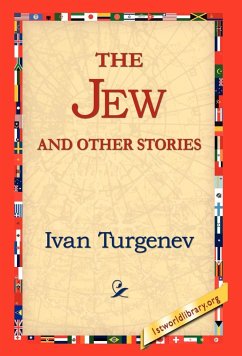
The Jew and Other Stories
Versandkostenfrei!
Versandfertig in über 4 Wochen
27,99 €
inkl. MwSt.

PAYBACK Punkte
14 °P sammeln!
Purchase one of 1st World Library's Classic Books and help support our free internet library of downloadable eBooks. Visit us online at www.1stWorldLibrary.ORG - - In studying the Russian novel it is amusing to note the childish attitude of certain English men of letters to the novel in general, their depreciation of its influence and of the public's 'inordinate' love of fiction. Many men of letters to-day look on the novel as a mere story-book, as a series of light-coloured, amusing pictures for their 'idle hours,' and on memoirs, biographies, histories, criticism, and poetry as the age's ser...
Purchase one of 1st World Library's Classic Books and help support our free internet library of downloadable eBooks. Visit us online at www.1stWorldLibrary.ORG - - In studying the Russian novel it is amusing to note the childish attitude of certain English men of letters to the novel in general, their depreciation of its influence and of the public's 'inordinate' love of fiction. Many men of letters to-day look on the novel as a mere story-book, as a series of light-coloured, amusing pictures for their 'idle hours,' and on memoirs, biographies, histories, criticism, and poetry as the age's serious contribution to literature. Whereas the reverse is the case. The most serious and significant of all literary forms the modern world has evolved is the novel; and brought to its highest development, the novel shares with poetry to-day the honour of being the supreme instrument of the great artist's literary skill. To survey the field of the novel as a mere pleasure-garden marked out for the crowd's diversion - a field of recreation adorned here and there by the masterpieces of a few great men - argues in the modern critic either an academical attitude to literature and life, or a one-eyed obtuseness, or merely the usual insensitive taste. The drama in all but two countries has been willy-nilly abandoned by artists as a coarse playground for the great public's romps and frolics, but the novel can be preserved exactly so long as the critics understand that to exercise a delicate art is the one serious duty of the artistic life. It is no more an argument against the vital significance of the novel that tens of thousands of people - that everybody, in fact - should to-day essay that form of art, than it is an argument against poetry that for all the centuries droves and flocks of versifiers and scribblers and rhymesters have succeeded in making the name of poet a little foolish in worldly eyes.



